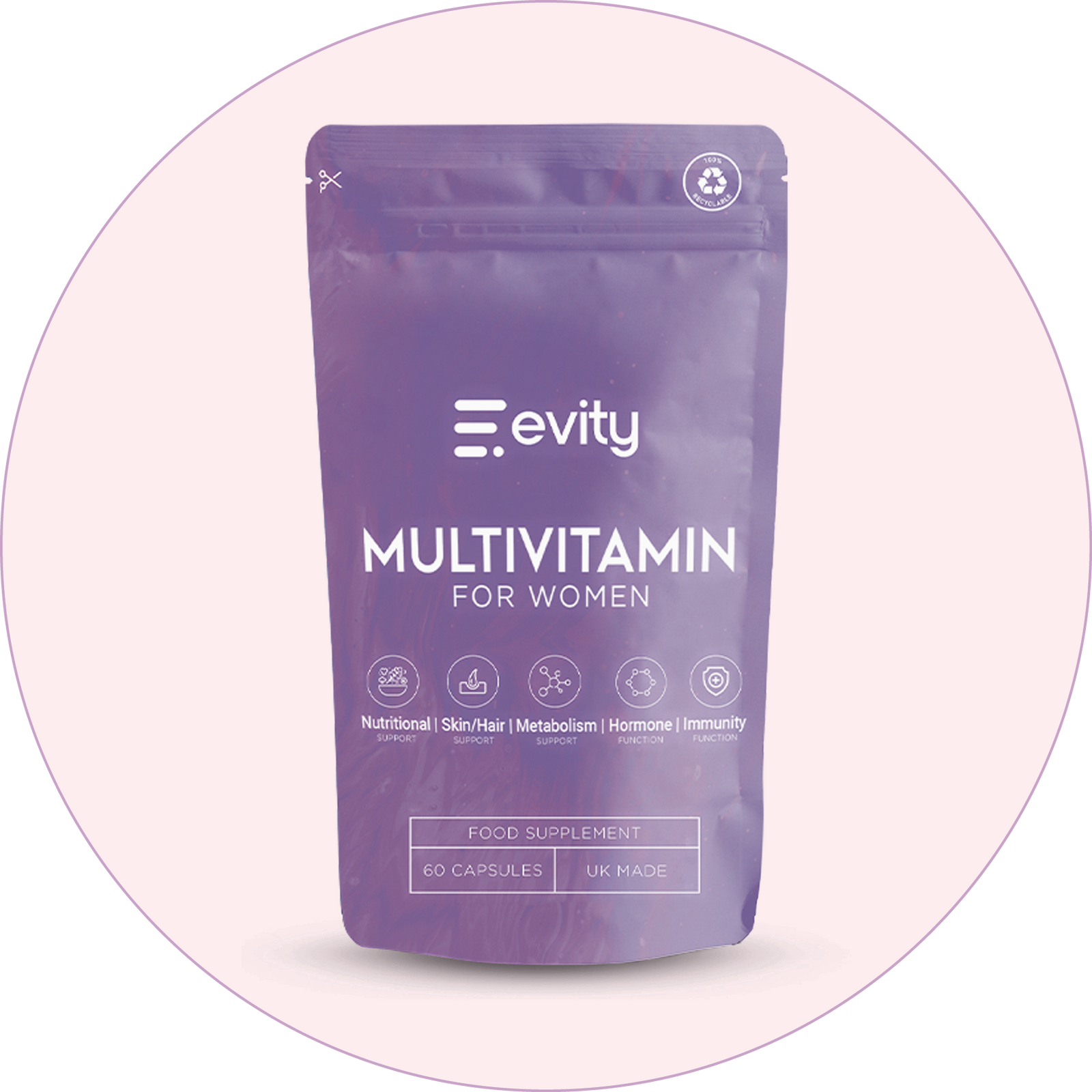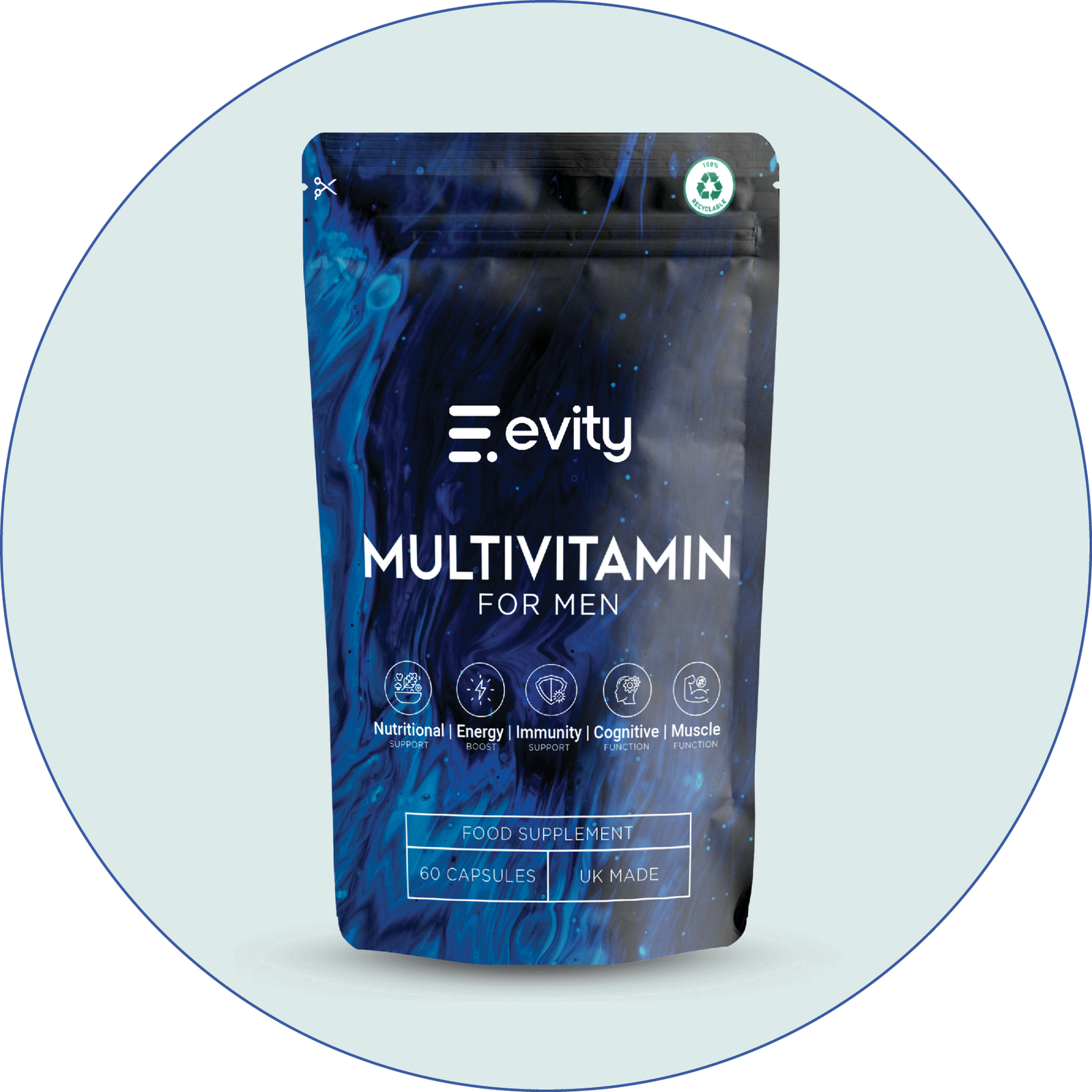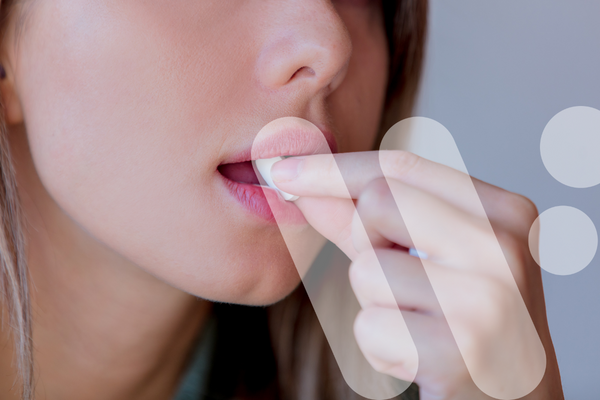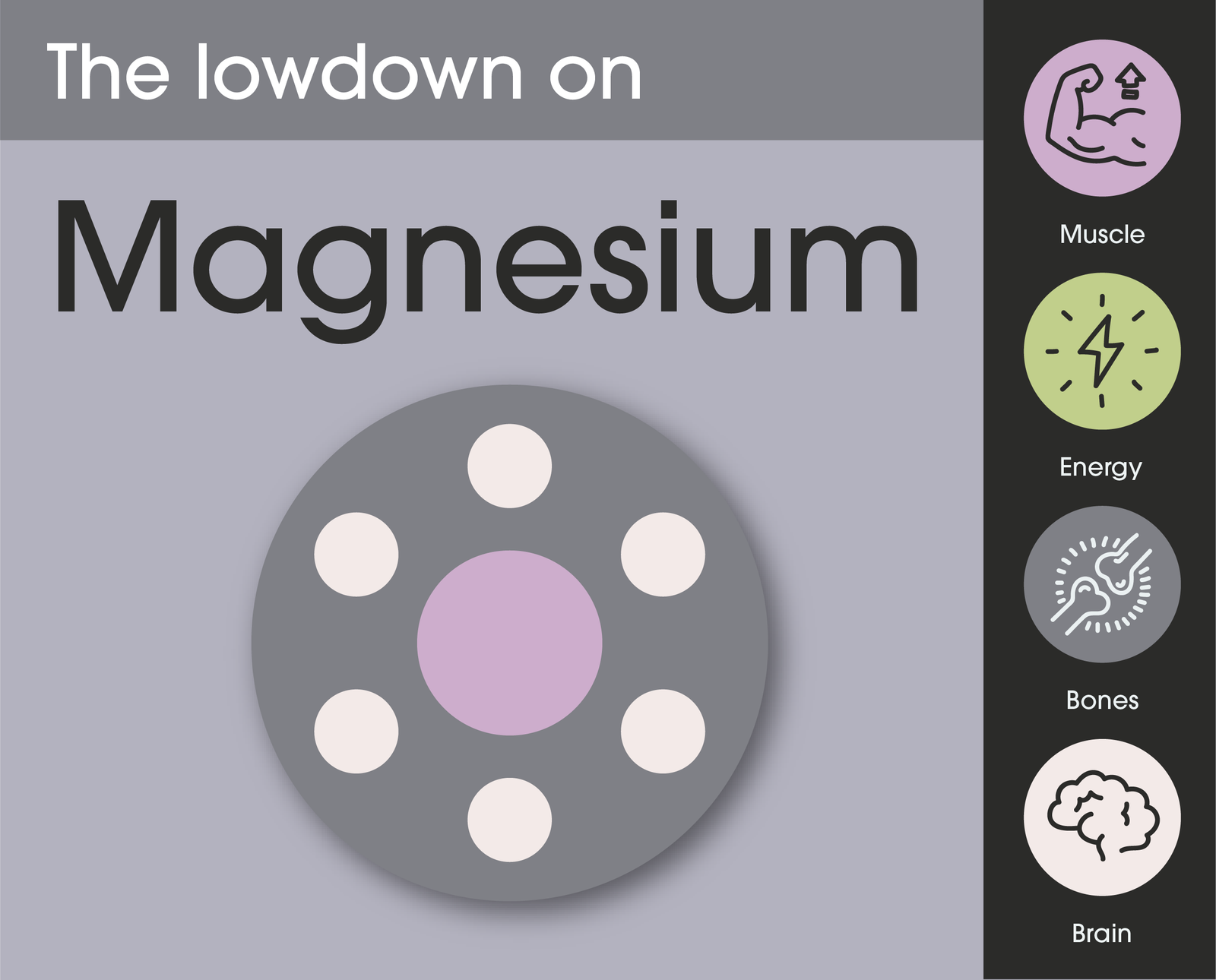
Benefits of copper in the body
Energy
Copper is needed in energy production to help prevent fatigue (1). It is pivotal for connective tissues, including the production of elastin and collagen (2).
Hair & skin pigmentation
Optimal copper levels help maintain healthy hair and skin pigmentation (2).
Nervous system
Particularly the myelin sheath that covers the nerves needs copper (2). Copper deficiency may cause iron anaemia because copper is necessary for transporting iron to the bone marrow. It is here that copper can help form red blood cells (2).
Why our form of copper is superior
We use Copper Bisglycinaten, a more absorbable form of copper than something like copper citrate.
Foods rich in copper
Beef liver and oysters can provide large doses of copper. If you are on a vegan/vegetarian diet, dark chocolate is a good substitute.
Other good sources include;
- Potatoes
- Shiitake Mushrooms
- Cashew nuts
- Crab
- Sunflower seed
- Tofu
- Chickpeas
Daily recommended intake of copper.
The daily recommended dosage of copper for adults aged 19 to 64 is 1.2mg (4).
The latest research on copper
Cardiovascular health
Copper may play a protective role in cardiovascular health, especially concerning cholesterol levels (5).
Bone density
Osteoporosis prevention concerning bone mineral density may be related to adequate copper levels, alongside other well-documented nutrients (6).
Problems with overdose
Low or high levels of copper are both a problem and an imbalance with its paired mineral zinc.
Copper supplements can interact with the following:
- Birth control pills and hormone therapy
- Non-steroidal anti-inflammatories (NSAIDs), such as aspirin and ibuprofen
- Penicillamine used to reduce copper levels in Wilson’s disease
- Allopurinol, a gout treatment
- Cimetidine, or Tagamet, is used for gastric ulcers and gastric reflux
- Zinc supplements
These products may reduce or increase levels of copper in the blood, leading to an imbalance.
There have been no reports of adverse effects from regular dietary consumption of copper so far, but symptoms can appear if there are:
- Excessive supplementation
- High levels of copper in drinking water, such as well water or water stored in copper pipes
- Exposure to chemicals containing high levels of copper
- Use of copper cooking pots
Signs of copper toxicity include:
- Nausea, vomiting, diarrhoea, and stomach pain
- Headache
- Dizziness
- Weakness
- A metallic taste in the mouth
References
- https://efsa.onlinelibrary.wiley.com/doi/epdf/10.2903/j.efsa.2011.2079
- https://efsa.onlinelibrary.wiley.com/doi/epdf/10.2903/j.efsa.2009.1211
- https://ods.od.nih.gov/factsheets/Copper-HealthProfessional/#h3
- https://www.nhs.uk/conditions/vitamins-and-minerals/others/
- https://link.springer.com/article/10.1007/s11356-018-1816-6
- https://link.springer.com/article/10.1007/s12011-021-02845-5
- https://www.sciencedirect.com/science/article/pii/S0167488920302512
- https://www.mdpi.com/2072-6694/12/12/3594





